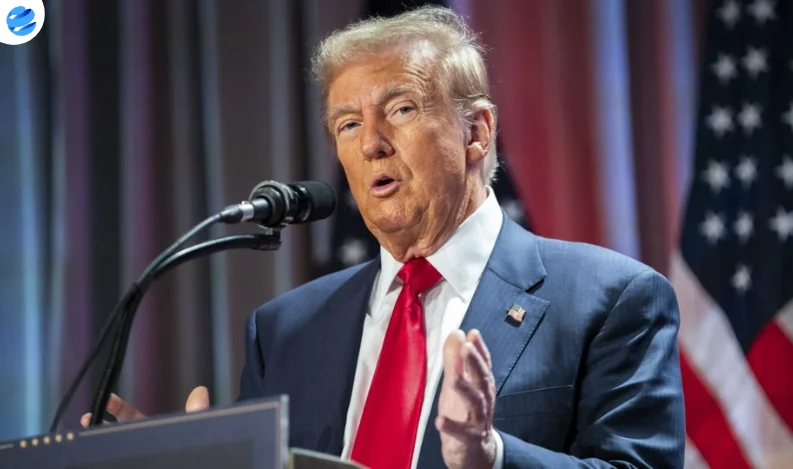President Donald Trump on Tuesday threatened to impose tariffs as high as 200% on pharmaceuticals imported into the United States, warning the levies could take effect “very soon,” though not immediately.
Speaking during a Cabinet meeting at the White House, Trump said drugmakers would have “about a year, year and a half” to adjust operations and move production back to U.S. soil.
“We’ll give them a certain period of time to get their act together,” he said.
Commerce Secretary Howard Lutnick later confirmed that a final decision is expected at the end of July, following the completion of ongoing reviews on pharmaceuticals and semiconductors under Section 232, a trade authority tied to national security.
Industry Pushback Grows
While Trump framed the move as a strategy to incentivize domestic manufacturing, pharmaceutical companies have warned the tariffs would raise drug prices, disrupt supply chains, and undermine investment in research and development.
“The industry shares President Trump’s goal of revitalizing U.S. manufacturing,” said Alex Schriver, senior vice president at PhRMA, the sector’s largest lobbying group. “But placing tariffs on medicines would be counterproductive to these efforts.”
Shares of major drugmakers, including Eli Lilly, Johnson & Johnson, and AbbVie, were largely unchanged following the announcement, as markets appeared skeptical of immediate action.
Uncertain Implementation
Analysts noted the delay in implementation offered relief for now. “It is unclear if the administration will follow through,” said David Risinger of Leerink Partners, calling the announcement a “net positive” in the short term.
If enacted, the tariffs would represent the most aggressive pharmaceutical-specific action under Trump’s trade agenda, potentially reversing decades of tariff exemptions for medicines.























